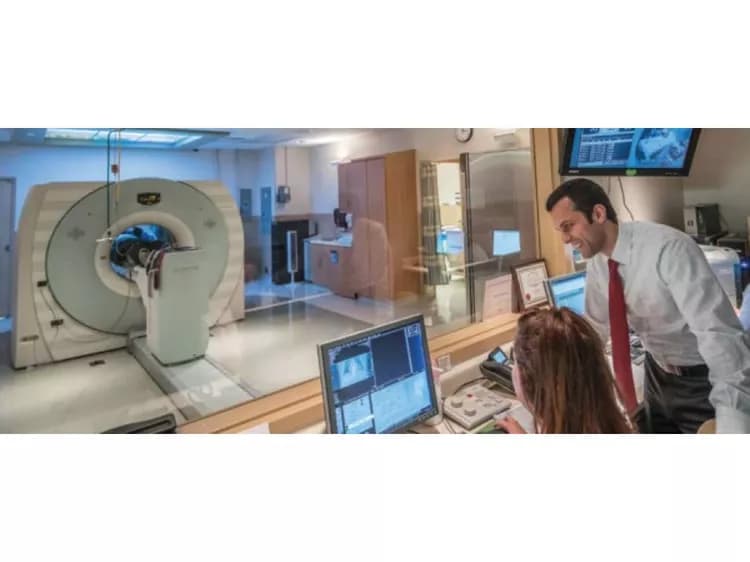
New Study Finds Cardiac PET/CT Imaging Effective In Detecting Calcium Blockages, Assessing Heart Attack Risk
Many people who experience chest pain but don't have a heart attack breathe a big sigh of relief when a stress test comes back negative for blockages in their blood vessels.
But a new study by cardiac researchers at the Intermountain Medical Center Heart Institute in Salt Lake City found they may not be off the hook after all.
Researchers studied 658 men and women between the ages of 57 and 77 who passed a stress test for blocked arteries and who were later found to have calcium in their arteries after being screened by imaging technology that measured their total coronary artery calcification.
They found that five percent of patients who passed their stress test and later tested high for calcium in their arteries -- 31 of 658 patients -- went on to have an adverse cardiac event within one year. Such events included death, heart attack and stroke. Researchers say there is something more doctors can do to assess a patient's risk of future heart attack: check the calcium -- a sign of plaque buildup -- in a patient's arteries.
"We now have the ability to better measure coronary artery calcification," says Viet Le, MPAS, PA-C, lead author of the Intermountain Medical Center Heart Institute study, who will deliver results at the American Heart Association Scientific Session in New Orleans on Nov 14, at 10:45 am, CST.
"People say, 'I'm good. They gave me a stress test,'" said Le. "But it doesn't tell the whole story. The story it tells is that on that day your engine -- your heart -- passed the test. Some of these people die within a year from a heart attack." Cardiac experts have known for years that calcium left by plaque is a good marker of heart disease, but there was not good imaging technology to measure it without exposing the patient to too much radiation, Le said. That changed about five years ago. PET/CT, an advanced nuclear imaging technology that combines positron emission tomography (PET) and computed tomography (CT) in one machine, allows physicians doing a chemical stress test to also measure coronary artery calcification.
Calcification cannot be reversed, but the plaque that causes it can be reduced or stabilized with proper medication, diet and exercise.
Researchers found that 33 patients in the study, or five percent, had no or mild calcification, and they had no cardiac events. But there was a significant correlation between the amount of calcium and the occurrence of cardiac events in the remainder of the patients.
Twelve of 309 (3.88 percent) patients with moderate calcification had a cardiac event within a year, 10 of 190 (5.26 percent) with severe calcification had a cardiac event within a year, and nine of 126 (7.14 percent) with very severe calcification had a cardiac event within a year. In total, 16.28 percent of calcified patients in the study had a heart event.
The results confirmed for Le the value of assessing calcification in patients suspected of having clogged arteries.
"Right now, it's a neglected tool that should better be utilized," he said.
Materials provided by Intermountain Medical Center. Note: Content may be edited for style and length.
Disclaimer: DoveMed is not responsible for the adapted accuracy of news releases posted to DoveMed by contributing universities and institutions.
Related Articles
Test Your Knowledge
Asked by users
Related Centers
Related Specialties
Related Physicians
Related Procedures
Related Resources
Join DoveHubs
and connect with fellow professionals

0 Comments
Please log in to post a comment.